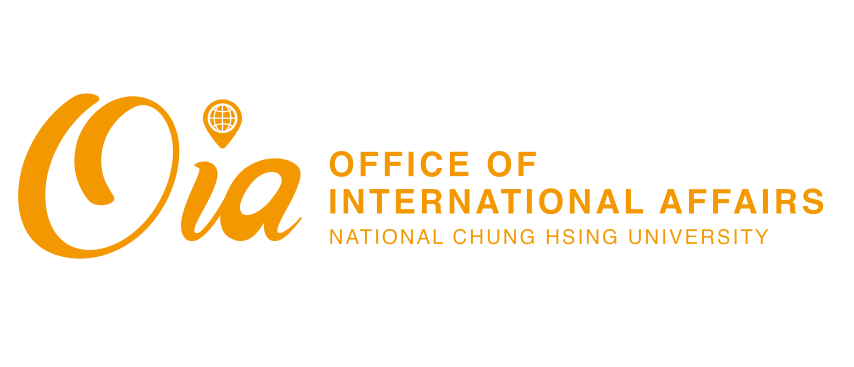【Notice No.2】In response to the recent COVID-19 outbreak events in Taiwan, maintaining good hygiene habits to protect yourself is necessary
[Source: NCHU Novel Coronavirus Epidemic Prevention Area]
Dear All,
In response to the recent COVID-19 cluster infections linked to Novotel Hotel case, the Office of International Affairs (OIA) would like to remind that everyone should continuously strengthen preventive measures to protect personal health and to secure community safety in Taiwan.
Mandatory Self-Preventive Measures includes:
- Washing hands thoroughly and regularly,
- Wearing Masks,
- Maintaining Social Distancing.
According to the recent outbreak of COVID-19 in the Novotel Hotel, Taoyuan, Taiwan, several confirmed cases were linked to some activities in the public a few days before the identification of the infection. These happenings really raised the concern of potential community transmission. Compared to the previous COVID-19 epidemic events in the country, the recent cluster incident is relatively more difficult to control due to the unknown source of the infection and potential community spreading. Furthermore, the identified strain of the virus in this event is mainly related to the highly contagious British mutant strain. In India, a large-scale epidemic related to the new mutant Indian strain also increases the risk of COVID-19 transmission internationally. These all indicate that the importance of personal and public health measures is essential in order to lower the COVID-19 risk in Taiwan.
The celebration of Labor Day was just ended last May 1st 2021, and Mother's Day is now approaching. Therefore, public movement during holidays can be considered as an influential factor on the potential risk of COVID-19 transmission.
Base on the current situation above, we are obliged to remind you to take the following measures to strengthen NCHU scientific strategies and prevention for COVID-19:
First, early detection of the possible infection is very important. Please note that fever is not the only sign to detect COVID-19 infection! Be aware on the other suspected clinical sign of the virus (e.g., fever, cough, shortness of breathing, diarrhea, loss of smell and taste, and upper respiratory-related symptoms). If you experienced such kind of symptoms, please wear masks and seek for medical attention immediately. Any epidemiological exposure history is also alarming (e.g., any exposure to the travel history related to entrants under quarantine and staffs working in medical services or in airlines). If you do have the above exposure history, or being contacted by Center for Disease Control (CDC) in Taiwan, you should follow the guidelines for self-health management and avoid going to crowded and public places including the campus. You also need to contact OIA immediately, for further management if necessary. You should not delay the prime time for diagnosis of the disease so it will not cause further infections to the community. For the specific information on the location of epidemiological exposures, please strictly pay attention to the information announced by the Taiwan Central Epidemic Command Center (https://www.cdc.gov.tw/En).
Secondly, it strongly suggested to avoid participating or hosting any large-scale public activities (e.g., camp or seminar). If necessary, do it remotely as much as possible. Everyone should maintain social distancing and strictly implement the real-name registration system. All participants are required to wear masks during the event. Of major importance, anyone who matches any of the conditions mentioned above (highlighted in red), should strictly avoid participating such events and follow the guidelines of self-health management at quarantine place according to CDC regulations. Please also note that anyone who violates the regulation will be fined.
For the latest updates on the COVID-19 pandemic and disease prevention regulations, please also refer to the following link: http://covid-19.nchu.edu.tw/en
Source:
Distinguished Professor Chao-Chin Chang,
Graduate Institute of Microbiology and Public Health, NCHU.
Health and Counseling Center, Office of Student Affairs, NCHU





